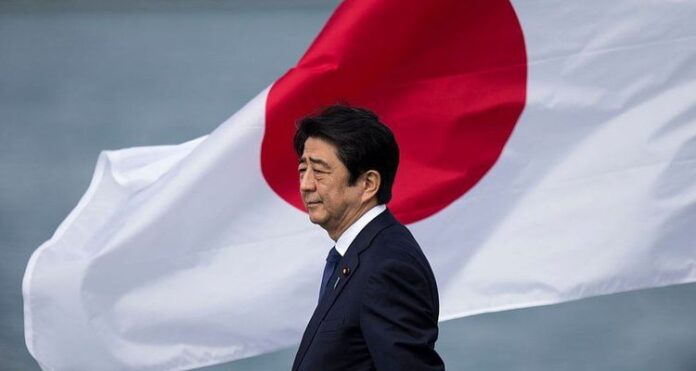| Translate This News In |
|---|
Following his murder, while running for office, the approaching public funeral for former Japanese Prime Minister Shinzo Abe was promoted as a chance to defend democracy. It has ended up dividing the populace and jeopardizing the objectives of his successor. The September 27 memorial event, which is expected to cost roughly 1.7 billion yen ($12 million), is being opposed by petitions, protests, and legal challenges, according to Prime Minister Fumio Kishida, a former Abe cabinet minister.
Abe’s efforts to bolster the military and the scandals that followed his administration infuriated a lot of people in Japan. The event has also revealed connections between the ruling party and a contentious South Korean church, which the man accused of killing Abe claims is to blame for his family’s financial ruin.
Following Abe’s passing, Kishida made an effort to foster unity, however it failed as follows:
Why is a state funeral held?
Japan’s longest-serving prime minister was shot on July 8, shocking a country that hadn’t had such a high-profile political assassination in nearly 90 years. Less than a week later, with the majority of the country still in mourning, Kishida announced details for the state burial, the first for a former premier since 1967.
“Show our will not to succumb to violence and to resolutely protect democracy,” the premier stated of the occasion. A state funeral, according to Kishida, would also demonstrate the nation’s gratitude for the tributes received from around the world for Abe, who continued to hold significant power despite stepping down due to health issues two years ago.
What will occur?
Although the schedule of the ceremonies has not yet been made public, the Nikkei daily reports that up to 6,000 people may attend the celebration at the Budokan in Tokyo. The Canadian Prime Minister Justin Trudeau will be the only sitting Head of State from the Group of Seven to attend, according to ANN and other news sources.
According to broadcaster NHK, former US President Barack Obama and US Vice President Kamala Harris are further potential guests. According to the Mainichi newspaper, the Emperor won’t be there and will likely be represented by his younger brother, the Crown Prince. At least two Japanese opposition party leaders have declared they will likewise abstain.
3. Why is it debatable?
It was inevitable that disagreement would arise over a state-funded memorial to Abe, and his detractors claim the government’s highly strapped budget would be better used elsewhere. According to the Yomiuri newspaper, the official funeral for former prime minister Shigeru Yoshida in 1967 cost about 18 million yen, or roughly 70 million in modern currency.
However, allegations that Abe and other members of the Liberal Democratic Party were connected to the Unification Church based in South Korea have stoked resistance to the gathering. The church, which is well-known for its mass weddings and “Moonie” adherents (called for their founder, Sun Myung Moon), has been the subject of numerous court judgments in Japan about its fund-raising and other operations.
The scandal has increased calls for LDP members to sever their links to the organisation. The church, on its side, claims that since taking action more than ten years ago to stop some of its members’ “extreme behaviours,” there have been fewer legal challenges.


















